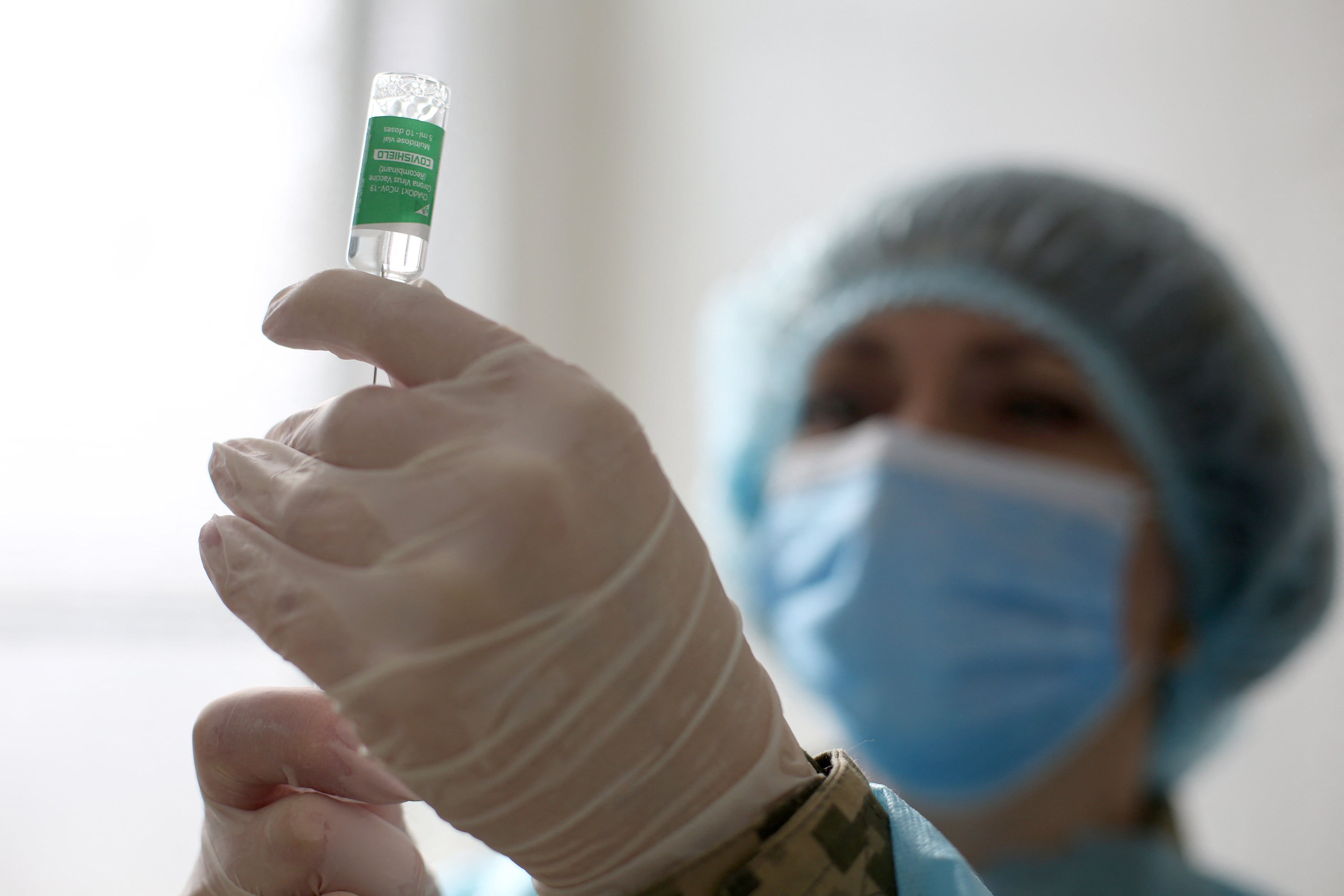Thailand becomes latest country to delay AstraZeneca vaccine rollout over clot fears
AstraZeneca says there’s no evidence directly linking the vaccine to blood clots

Your support helps us to tell the story
From reproductive rights to climate change to Big Tech, The Independent is on the ground when the story is developing. Whether it's investigating the financials of Elon Musk's pro-Trump PAC or producing our latest documentary, 'The A Word', which shines a light on the American women fighting for reproductive rights, we know how important it is to parse out the facts from the messaging.
At such a critical moment in US history, we need reporters on the ground. Your donation allows us to keep sending journalists to speak to both sides of the story.
The Independent is trusted by Americans across the entire political spectrum. And unlike many other quality news outlets, we choose not to lock Americans out of our reporting and analysis with paywalls. We believe quality journalism should be available to everyone, paid for by those who can afford it.
Your support makes all the difference.Thailand has delayed the use of AstraZeneca’s Covid-19 vaccine that was scheduled to start on Friday with the public vaccination of the prime minister and cabinet members, amid concerns about reports of blood clots in some vaccinated people.
Thailand joined the ranks of Denmark, Norway and Iceland who have suspended the use of the AstraZeneca vaccine after about 30 cases of “thromboembolic events” or blood clots were reported out of the five million Europeans who received the vaccine.
“AstraZeneca is still a good vaccine but with what has happened ... the health ministry based on this advice would like to postpone the usage of the AstraZeneca vaccine momentarily,” Kiattiphum Wongjit, permanent secretary for the Public Health Ministry of Thailand, said.
Prime Minister Prayuth Chan-ocha was due to start the vaccine drive by receiving the jab at 9 am.
The European Medicines Agency, however, sought to assuage apprehensions by saying that there was no indication that the vaccine was causing the blood clots.
The company also said on Thursday that it did not find any evidence of an increased risk of pulmonary embolism or deep vein thrombosis, marked by the formation of blood clots.
“An analysis of our safety data of more than 10 million records has shown no evidence of an increased risk of pulmonary embolism or deep vein thrombosis in any defined age group, gender, batch or in any particular country with Covid-19 Vaccine AstraZeneca,” said the company in a statement.
“In fact, the observed number of these types of events are significantly lower in those vaccinated than what would be expected among the general population.”
Thailand, which has so far recorded over 26,500 coronavirus infection, received 117,300 doses of AstraZeneca vaccines on 24 February along with 200,000 China’s Coronavac.
The country has recorded only 85 fatalities in a population of 66.5 million and more than 30,000 people have received the Coronavac jabs since it kicked off the vaccination drive on 28 February.
The southeast Asian country which aims to inoculate 50 per cent of its total population by the end of this year, has been under fire from the opposition who said that the vaccine procurement by the government was too slow.
Additional reporting from the wires



Join our commenting forum
Join thought-provoking conversations, follow other Independent readers and see their replies
Comments